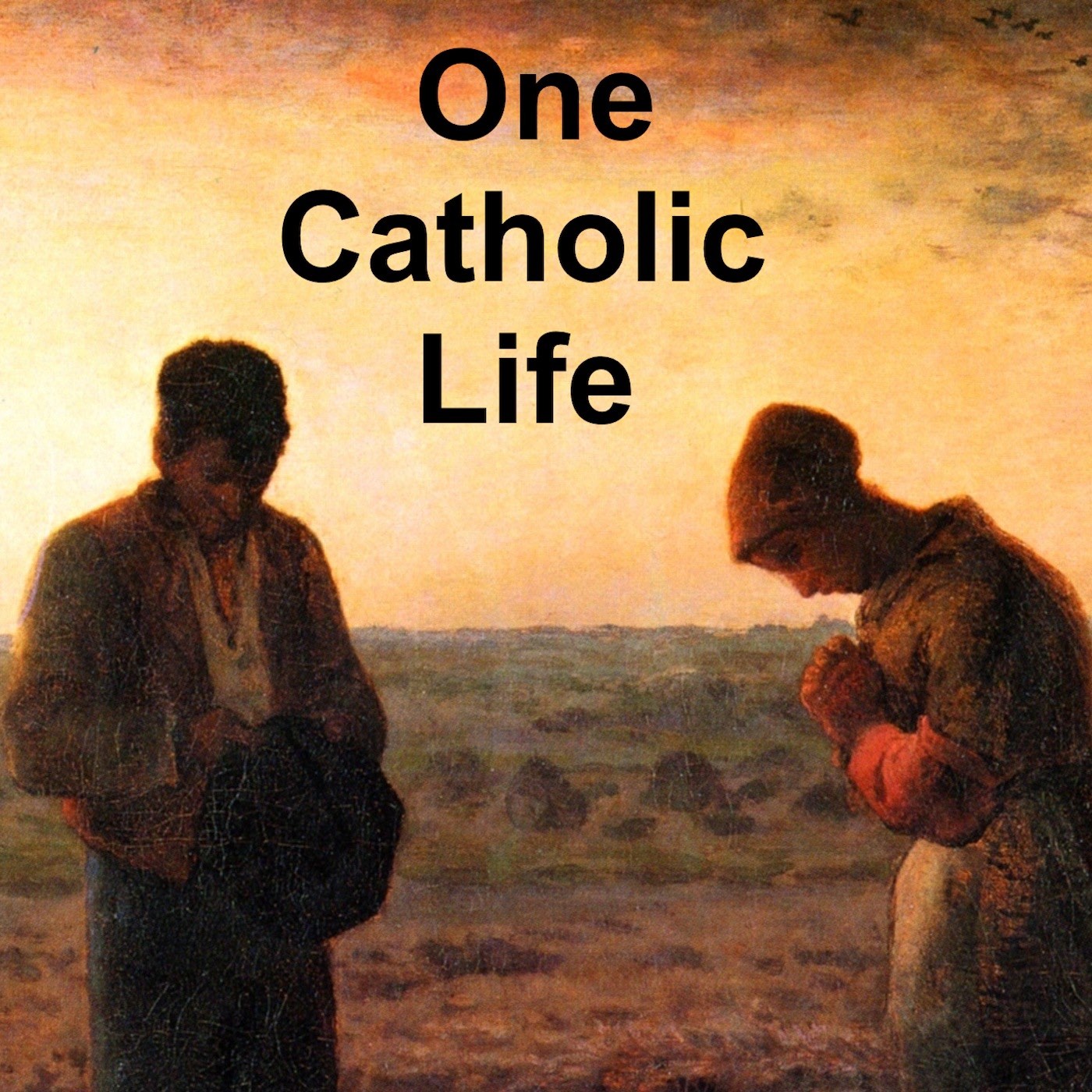Wax on, Wax Off – Homily for the Twenty-first Sunday in Ordinary Time Year C
Description
Once upon a time there was a preacher
who was worried about his congregation.
They were good people,
people who loved Jesus,
people who had embraced the Christian way of life.
But there came a time
when they became exhausted.
They were tired—
tired of serving the world,
tired of worship,
tired of being seen as peculiar
and whispered about in society,
tired of the spiritual struggle,
tired of trying to keep their prayer life going.
Attendance at church was down,
the people were losing confidence,
and many of them were in danger of drifting away,
of leaving the community and falling away from the faith.
It’s a problem that can strike any faith community at any time.
Call it spiritual exhaustion or loss of will,
it can happen to individuals, to families, to parishes, to dioceses,
and even to entire nations.
Well, once upon a time
it had struck this one particular community,
and so the preacher
wanted to give his people a message of encouragement.
He wanted to deliver a sermon
that would wake them up,
give them strength,
give them hope,
encourage them to keep going
in their walk of faith.
What he produced was perhaps
the greatest Christian sermon ever preached or written.
And we don’t even know his name.
As a matter of fact, we don’t know where he lived,
or who his congregation was.
But we do have his sermon.
It’s called the Letter to the Hebrews.
We’ve been reading portions of it on Sundays
for the past three weeks,
and we’ll hear from it again next week.
The Letter to the Hebrews
is one of the more mysterious books in the Bible.
Despite its name,
it’s not really a letter, and it’s not really written to Hebrews.
What it is though, is the most beautiful of sermons,
meant to encourage an early Christian community
suffering from spiritual fatigue
to persevere in the faith.
That encouragement is for us, too,
when we feel the fatigue of our discipleship
and would just as soon drift away from our faith.
The Letter to the Hebrews is written to lift our hearts,
to pull us back together,
to renew our spirits.
We saw that encouragement last week
as the preacher of Hebrews
compared our spiritual journey to being on the race track in a stadium,
surrounded by thousands of spectators in the stands,
the great cloud of witnesses that have come before us.
As Monsignor Steiner said last weekend,
it’s like being in the Olympics,
where the roar of that cheering crowd
stirs our hearts and pushes us to do our best,
to be our best.
When we feel exhausted and weary of our Christian discipleship,
the great cloud of witnesses, the saints,
are cheering us on to keep running the race,
to not give up.
This week we get a different image,
that of a father teaching his son through discipline.
The preacher of Hebrews acknowledges the difficulties
of living our Christian faith.
But this is not a punishment, he says.
This is discipline.
“Endure your trials as ‘discipline,”
says the preacher,
“For what ‘son’ is there whom his father does not discipline?”
This is echoed in today’s gospel
where Jesus tells his disciples
“to strive to enter the narrow gate,”
More Episodes
We are given very powerful readings today,
powerful individually and powerful collectively.
And at the heart of them all is a line by St. Paul
in his letter to the Romans:
“…be transformed by the renewal of your mind,
that you may discern what is the will of God,
what is good and pleasing...
Published 09/04/23
Published 09/04/23
It’s a sad fact of history
that the largest religious community
that ever lived together in the same place
in the history of the Catholic Church
was at the Dachau concentration camp in Germany during World War II.
Over 2,500 Catholic priests became prisoners in Dachau,
in Cellblock 26,...
Published 02/13/23


